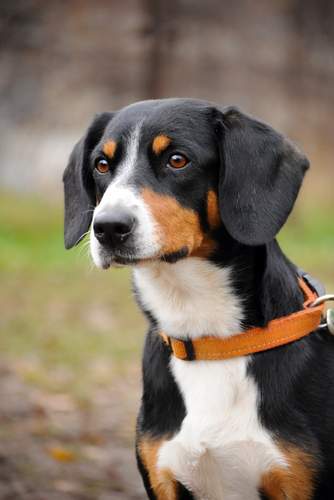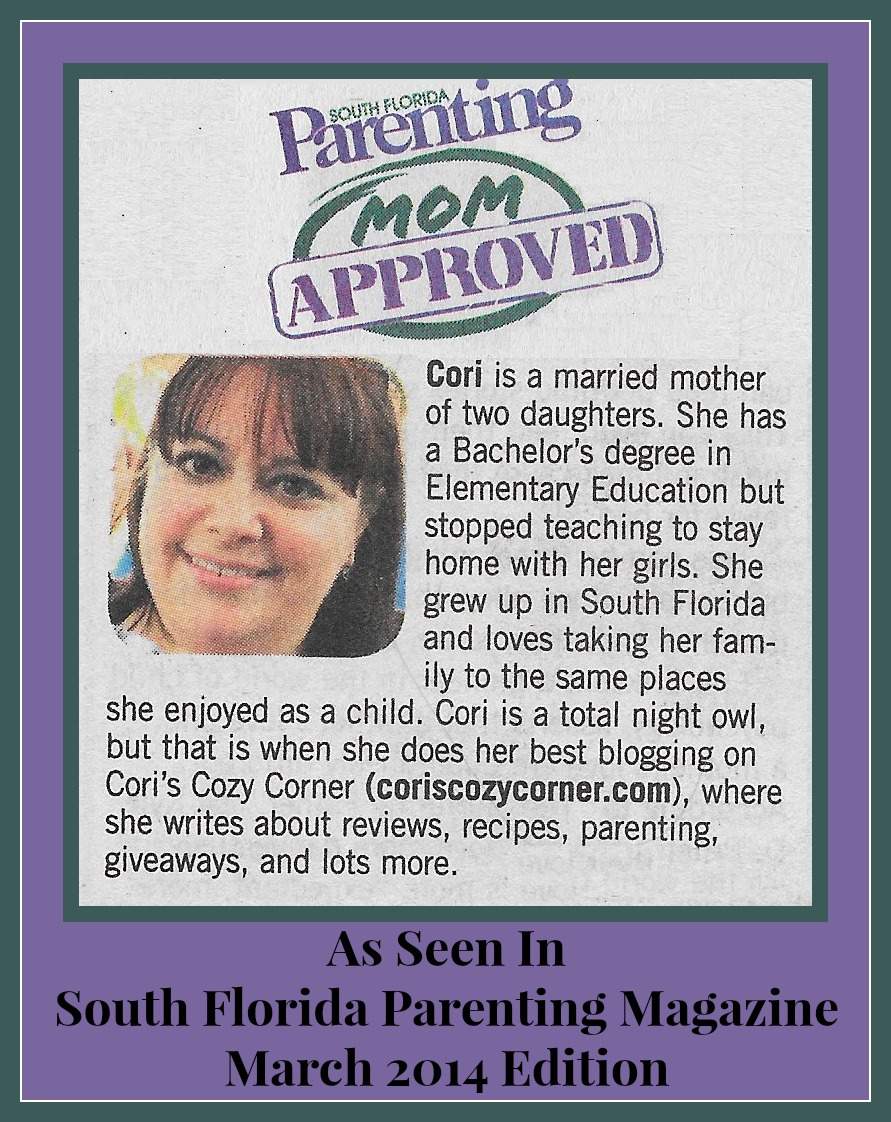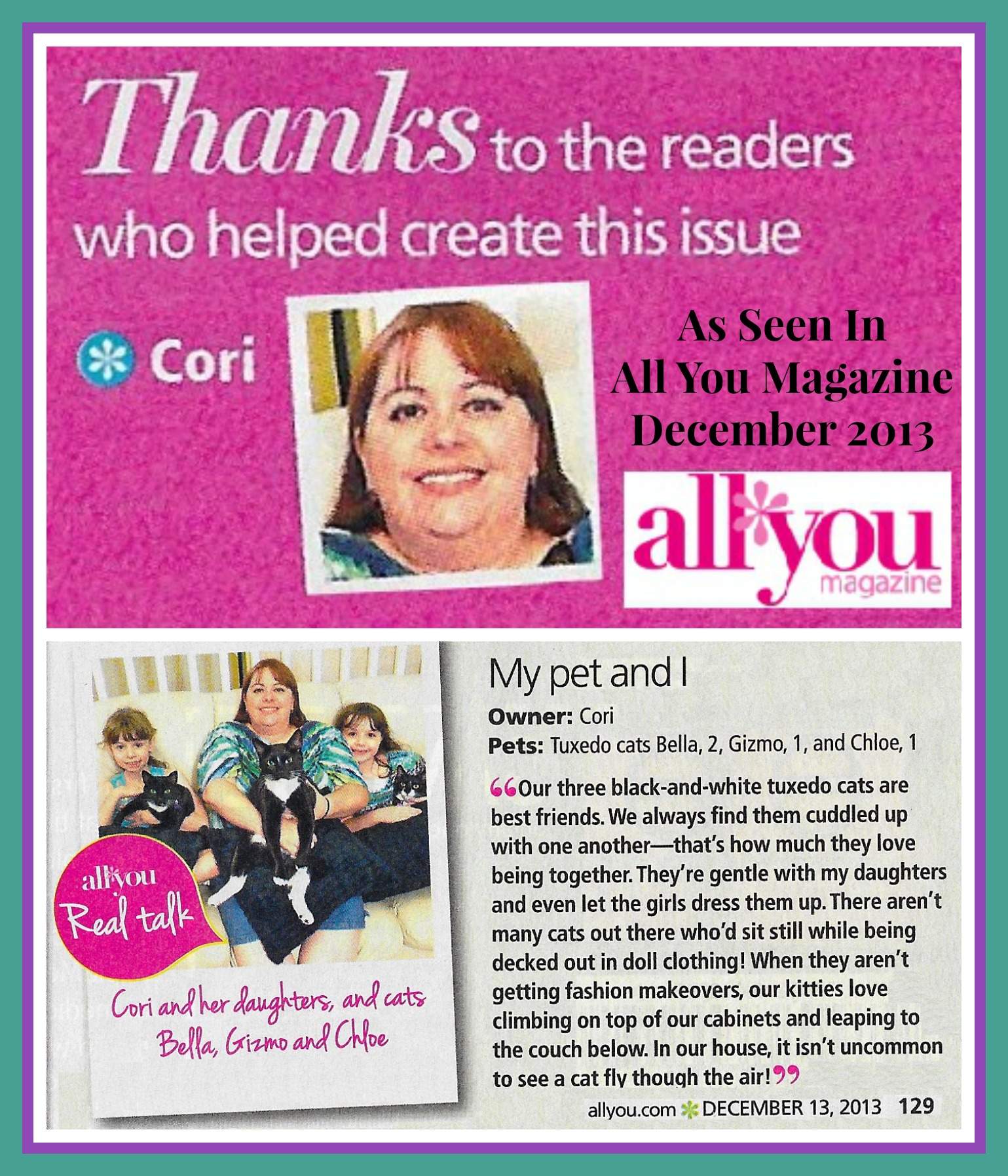
In a previous blog post, the discussion was about why a dog makes a fantastic birthday present for your child. Cats make fantastic companions, too, but if you have added a new puppy to your household, you might be questioning that decision every time it has an – ahem – accident. Don’t worry. The new family member will get the hang of doing its business outside. Here are some tips from the ASPCA to help.
Don’t Set Expectations
Here’s the thing: No puppy house trains at the same pace. Your dog may learn to ask to go outside to do its business within a couple of weeks or it may take it months to get the hang of it. The ASPCA says, “There’s no sure-fire formula or timetable that will work for every dog,” so keep this in mind at all times. What works for one dog might not work for another, and how long it takes to house train your dog will depend 100 percent on the dog and your efforts.
The Don’ts
It’s important to consider the don’ts first, because once you take them into account, the do’s will be much easier. Understand right away that your new puppy will make a mess. Period. Even if you have puppy pads and limit the dog’s access to indoor space, it will mess the carpeting or furniture at one point. Get used to the idea now because yelling at it for it is the first don’t. Do not yell at your puppy or older dog for going potty inside the house. In fact, don’t yell at it for any reason.
The only thing yelling accomplishes is instilling a fear of you in your puppy. It will become afraid of you, and this gravely affects your future relationship with your pet. If your puppy begins to urinate or poop in the house, make a gentle noise to get its attention. A clap of the hand often works. Then, whisk the dog outside if there is time. If not, remember: Don’t yell. Your dog does not understand your behavior. It won’t help.
Don’t rub your dog’s nose in any mess, either. This does not teach the dog that it did something bad. Rather, it tells your dog that you don’t like pee and poop. Consequently, your dog will not cease doing its business in the house; it will hide its business instead. The dog does not make the connection you want it to make between your anger, the nose rub, and the mess. This is ineffective and also teaches your dog to fear you rather than love you.
The Do’s
Dogs want your praise, so this is your number one tool in-house training. Keep an eye on your dog and look for signs it has to go potty. Take it to the potty area to do its business there. Praise your puppy every time it uses its pee pad, and praise it every time it does its business outdoors. Make it a huge deal. Lavish your puppy in affection, praises, and treats. Your puppy will connect the behavior to your praise, the response it wants, and – boom – instant house training.
If your puppy absolutely does not get the hang of being house trained, there might be something else wrong. Animals oftentimes urinate or defecate in front of you because they are trying to tell you they don’t feel well. Check your Cleveland auto insurance coverage to make certain your pet is protected in the event of an accident, and take your puppy to the vet for an exam. It might be sick instead of disobedient.
Patience and love are crucial to successful house training. Show your puppy where you want it to go and praise it consistently when it does.






Speak Your Mind